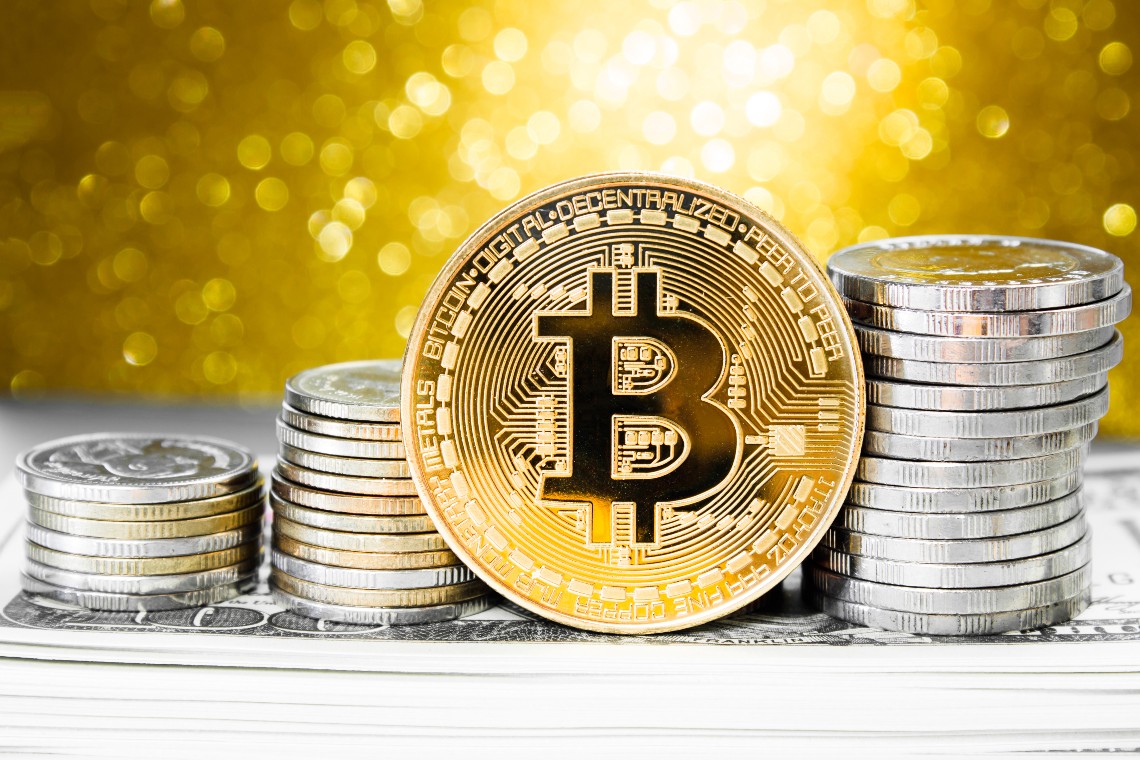Alex Gladstein, Chief Strategy Officer of the Human Rights Foundation, expressed his appreciation for Bitcoin once again. He talked about it in a video and an article in Reason.
Gladstein’s theory is that Bitcoin is a powerful means to reinforce human rights. The article and the video highlight the main features of Bitcoin: electronic money, anti-censorship, difficult to seize, borderless, permissionless, pseudo-anonymous, programmable, peer-to-peer. Bitcoin does not require banking intermediaries and has a supply limited to 21 million units. However, despite the fact that big names, even from the financial world, have announced investments in Bitcoin (the last one being Tesla yesterday), there is still a lot of scepticism around Bitcoin.
Everything has to be related to the environment one lives in. Alex Gladstein recalls the words of economist Paul Krugman in 2017 who argued that no one really understood Bitcoin, that it was not helpful in economic transactions and that it had no value. But, the Human Rights Foundation exponent says, it is easy to argue this when you are privileged to live in a democracy with constitutionally guaranteed protections. This is not the case everywhere in the world. On the contrary, according to Gladstein, more than 4.2 billion people live under authoritarian regimes that are in control of their money.
It is no coincidence that in these countries, opposing parties often have their bank accounts frozen, the same accounts where they may start fundraising that is essential for their struggles. Gladstein gives examples of what happens in China, Hong Kong, Russia, Belarus and Nigeria. The most recent case was the coup in Myanmar, where the military took the banking system and ATMs offline.
Bitcoin a free alternative according to the Human Rights Foundation
For these activists, the alternative is called Bitcoin, which throughout its history has never been hacked:
“For activists living under state repression, bitcoin provides a way to preserve their money in cyberspace, locked away by encryption, safe from devaluation, in a network that has never been hacked. For them, it’s digital cash and digital gold rolled into one”.
In these regimes where financial and not just democratic freedom is utopia, Bitcoin makes a difference:
“Unlike democracy, bitcoin is universally available. You don’t need to have a particular passport or bank card or voting status to use it. No government can turn off your bitcoin if it’s threatened by your ideas”.
He further adds:
“Bitcoin provides an alternative to our increasingly centralized financial system. It gives any activist or journalist a way to raise funds without censorship, a way to save despite the corrosive impact of excessive money printing, and a way to teleport value without permission”.
Today, bitcoin is even more powerful because the various exchanges have spread all over the world, and while this has increased speculation, according to the Human Rights Foundation’s CSO it has also accomplished another task, that of restoring hope to those who dream of freedom:
“Maybe you don’t need bitcoin. Maybe you don’t understand bitcoin. Maybe PayPal, Venmo, or your bank account serves your needs just fine.
But don’t write off bitcoin as simply a vehicle for financial speculation. For millions of people around the world, it’s an escape hatch from tyranny—nothing less than freedom money”.



